Kuntanawa – Courage
Experience the power of our popular rapéh blend from the Kuntanawa tribe of the Tejos River. Crafted with locally grown, organic tobacco, Tsunu tree ashes, and Lourinho herb, this rapéh offers spiritual cleansing and empowers you with courage and strength.
The Kuntanawa, survivors of 19th and 20th-century massacres, embody resilience and steadfastness. Their rapéhs symbolize their unyielding spirit and authenticity. If you seek these qualities, this rapéh is your perfect match.
Our rapéhs are ethically sourced from indigenous tribes, created with the wisdom and prayers of humble shamans dedicated to living in harmony with Mother Earth.
The Revival of Kuntanawa Culture and the Renaissance of Rapeh Medicine
In the heart of the Amazon rainforest, the Kuntanawa people, an Indigenous tribe with a deep spiritual and cultural heritage, have embarked on a profound journey of revival and reconnection. This journey, marked by resilience and determination, has seen the Kuntanawa not only reclaim their cultural identity but also revive the ancient practice of making Rapeh, a sacred snuff medicine that has been an integral part of their spiritual and healing traditions.
A History of Displacement and Loss
The story of the Kuntanawa is one of survival against the odds. For decades, they faced displacement, assimilation, and the erosion of their cultural practices due to external pressures from colonization, deforestation, and modernization. The encroachment of the outside world led to the fragmentation of their community and a significant loss of their cultural heritage. Many of the Kuntanawa were forced to abandon their traditional ways, leading to a disconnect from their ancestral roots.
The Awakening
The turning point in the Kuntanawa’s journey came when a new generation of leaders emerged, driven by a deep desire to reconnect with their ancestors and reclaim their heritage. This awakening was characterized by a return to the rainforest, where they sought to revive their language, traditions, and spiritual practices. Central to this revival was the rediscovery of Rapeh, a powerful medicine made from a blend of sacred plants and ashes, used for centuries by their ancestors.
The Sacred Art of Making Rapeh
Rapeh is more than just a medicine; it is a conduit for spiritual connection, healing, and communion with nature. The process of making Rapeh is a sacred art that involves the careful selection of plants, rituals, and prayers. The Kuntanawa believe that the spirit of the plants and the intention of the maker imbue Rapeh with its powerful properties. The revival of Rapeh making has not only restored a vital aspect of their culture but has also become a symbol of their resilience and spiritual resurgence.
A Community Reconnected
Through the revival of Rapeh, the Kuntanawa have experienced a profound reconnection with their land, their ancestors, and each other. The communal process of gathering ingredients, preparing the medicine, and sharing it in ceremonies has strengthened their bonds and reinforced their cultural identity. The practice of making and using Rapeh has become a cornerstone of their spiritual life, offering healing, guidance, and a sense of belonging.
Sharing with the World
In their quest to preserve and honor their traditions, the Kuntanawa have also opened their hearts to the global community. They recognize the importance of sharing their knowledge and practices to foster greater understanding and respect for Indigenous cultures. By sharing Rapeh and their story, the Kuntanawa aim to inspire others to reconnect with their roots, honor the Earth, and embrace the wisdom of ancient traditions.
A Legacy of Hope
The revival of Kuntanawa culture and the renaissance of Rapeh medicine stand as a testament to the power of resilience, unity, and spiritual strength. The Kuntanawa’s journey is a beacon of hope for Indigenous communities worldwide, demonstrating that even in the face of adversity, it is possible to reclaim and revitalize one’s heritage. Through their unwavering commitment to their culture and the Earth, the Kuntanawa have not only revived a sacred tradition but have also ensured that the legacy of their ancestors will continue to thrive for generations to come.
In the heart of the Amazon, the Kuntanawa’s story is a powerful reminder that the spirit of a people can never be extinguished. Their journey back to their culture and the rebirth of Rapeh medicine is a celebration of life, heritage, and the enduring connection between humanity and the natural world.
Related
| Weight | 1 oz |
|---|---|
| Weight | 10 Grams, 20 grams, 50 grams, 100 grams, 250grams, 500 grams |
Be the first to review “Kuntanawa – Courage”
You must be logged in to post a review.
This site uses Akismet to reduce spam. Learn how your comment data is processed.
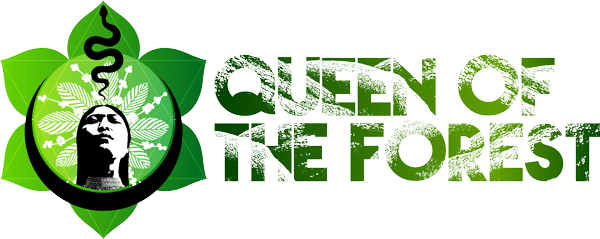

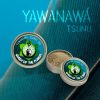
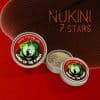
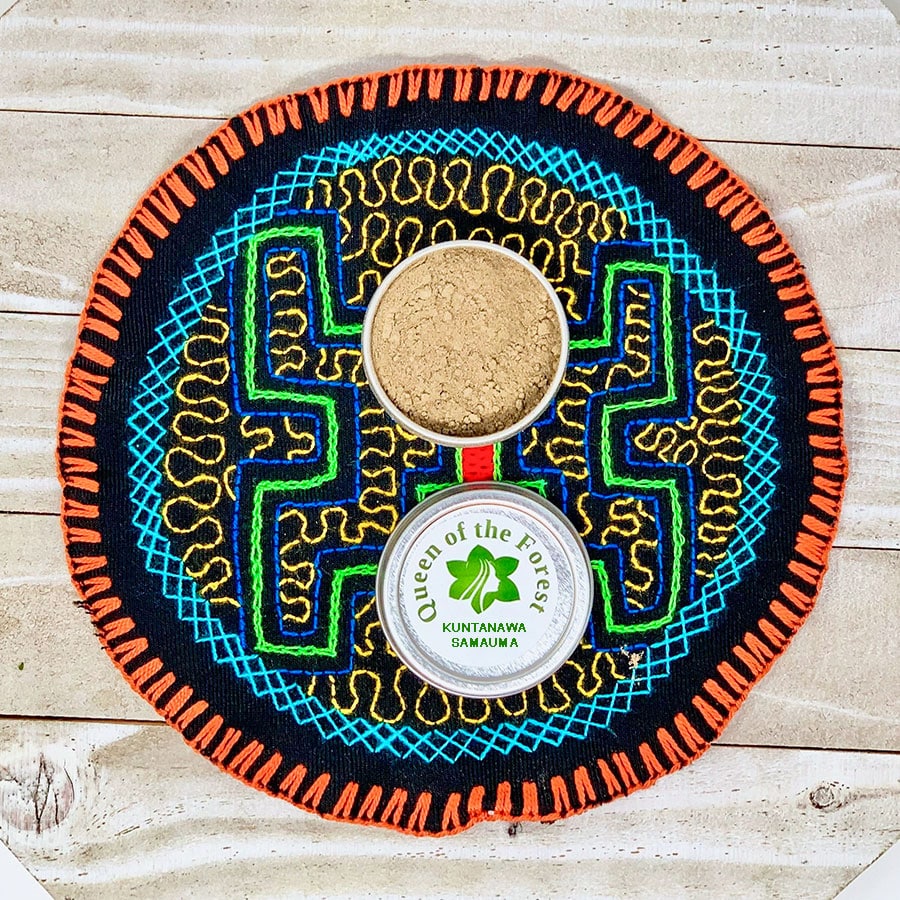
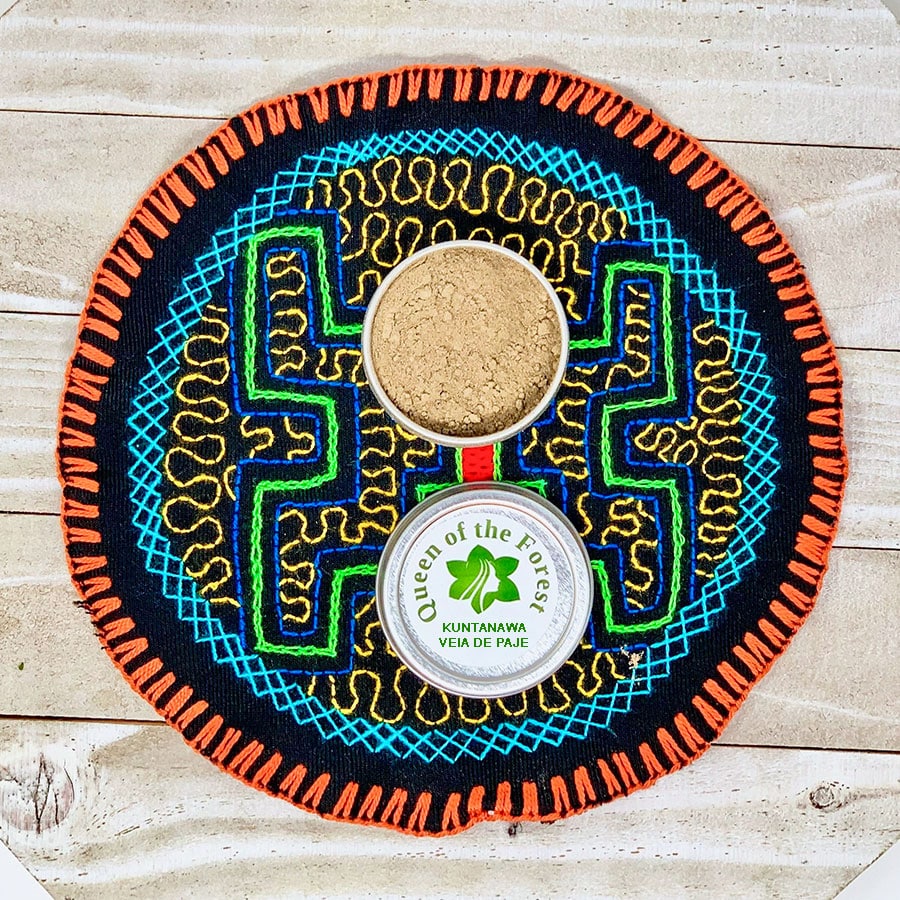
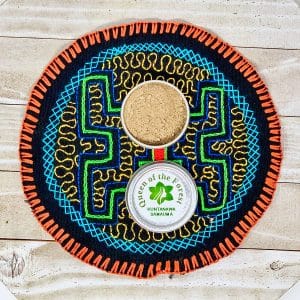
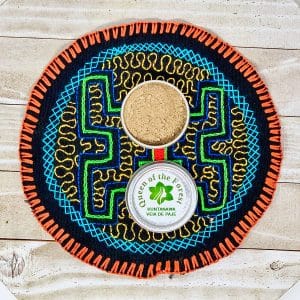


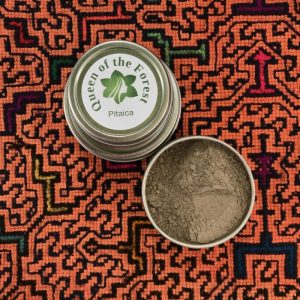

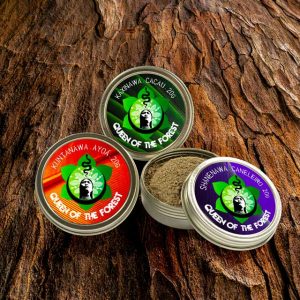

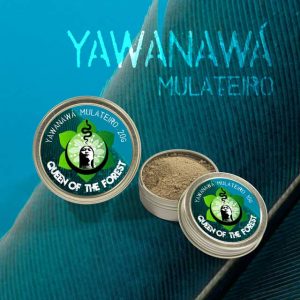
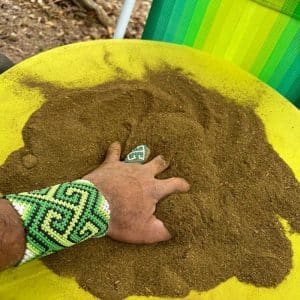
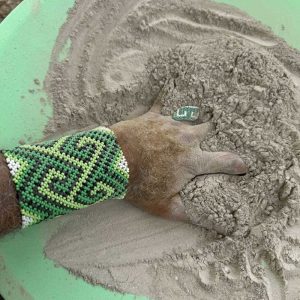
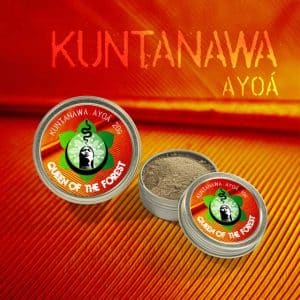
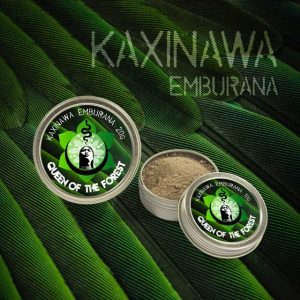
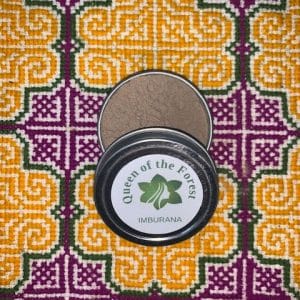
Reviews
There are no reviews yet.